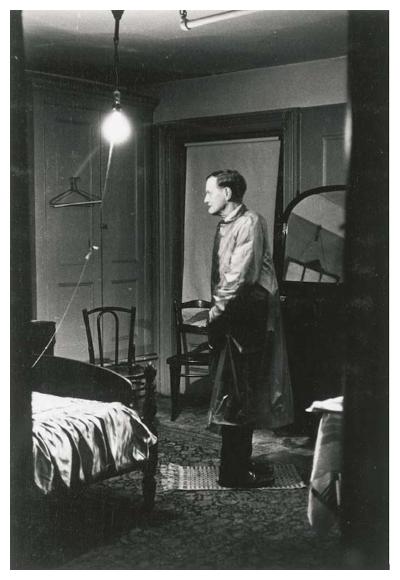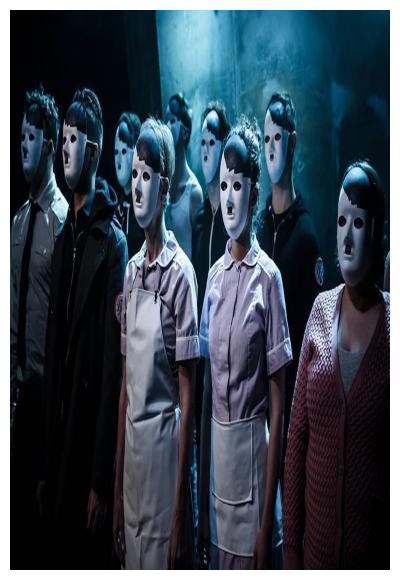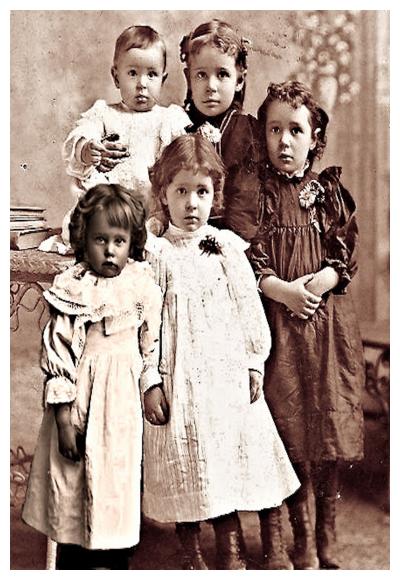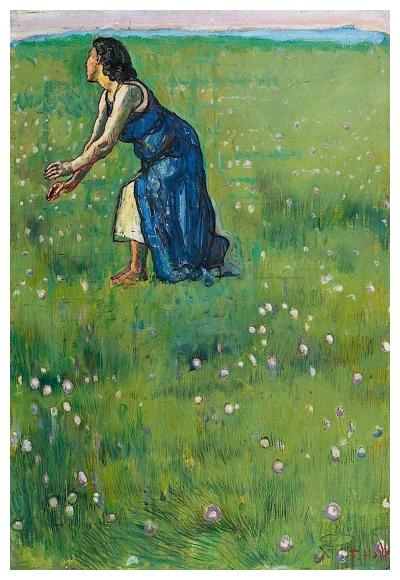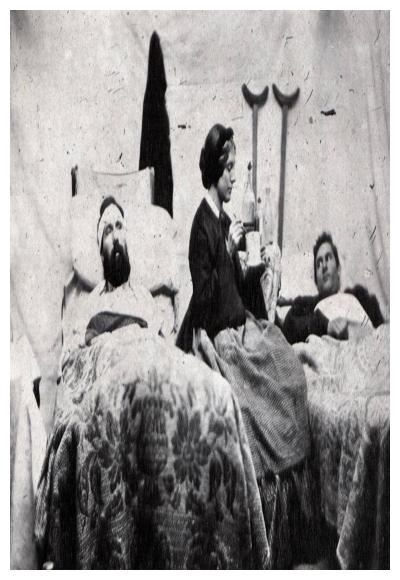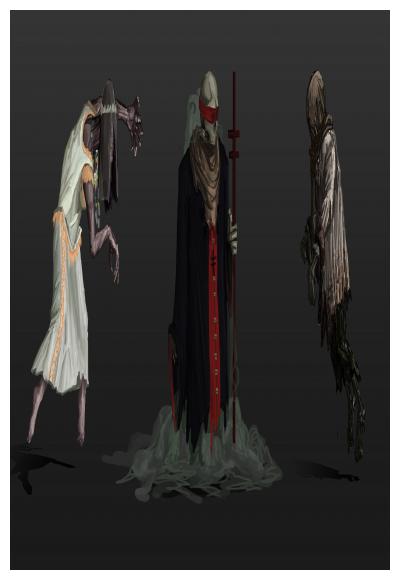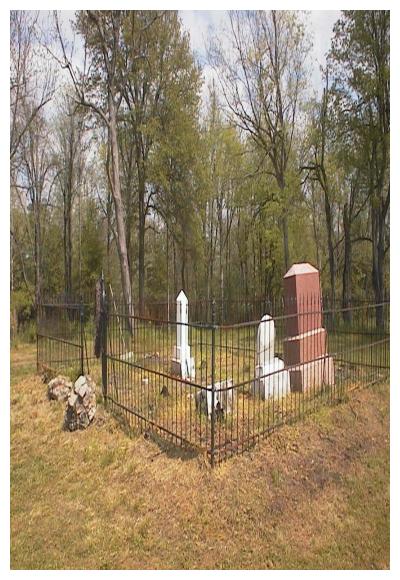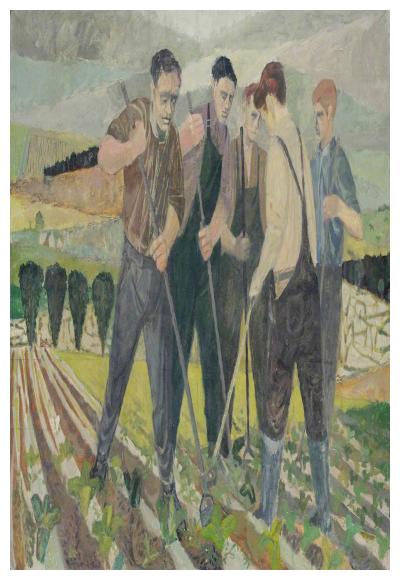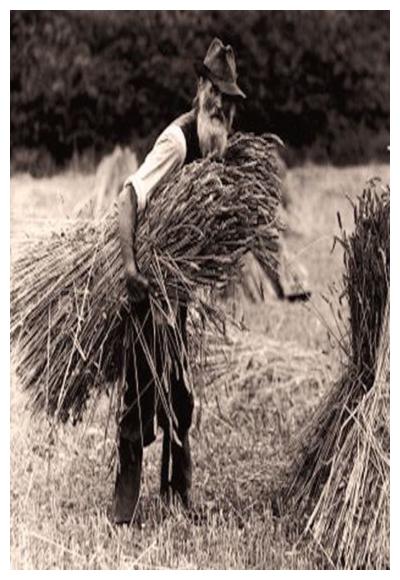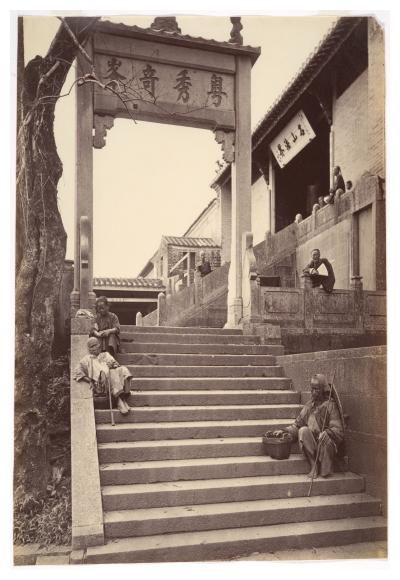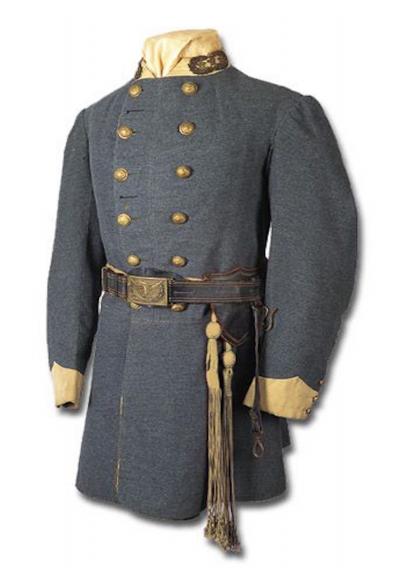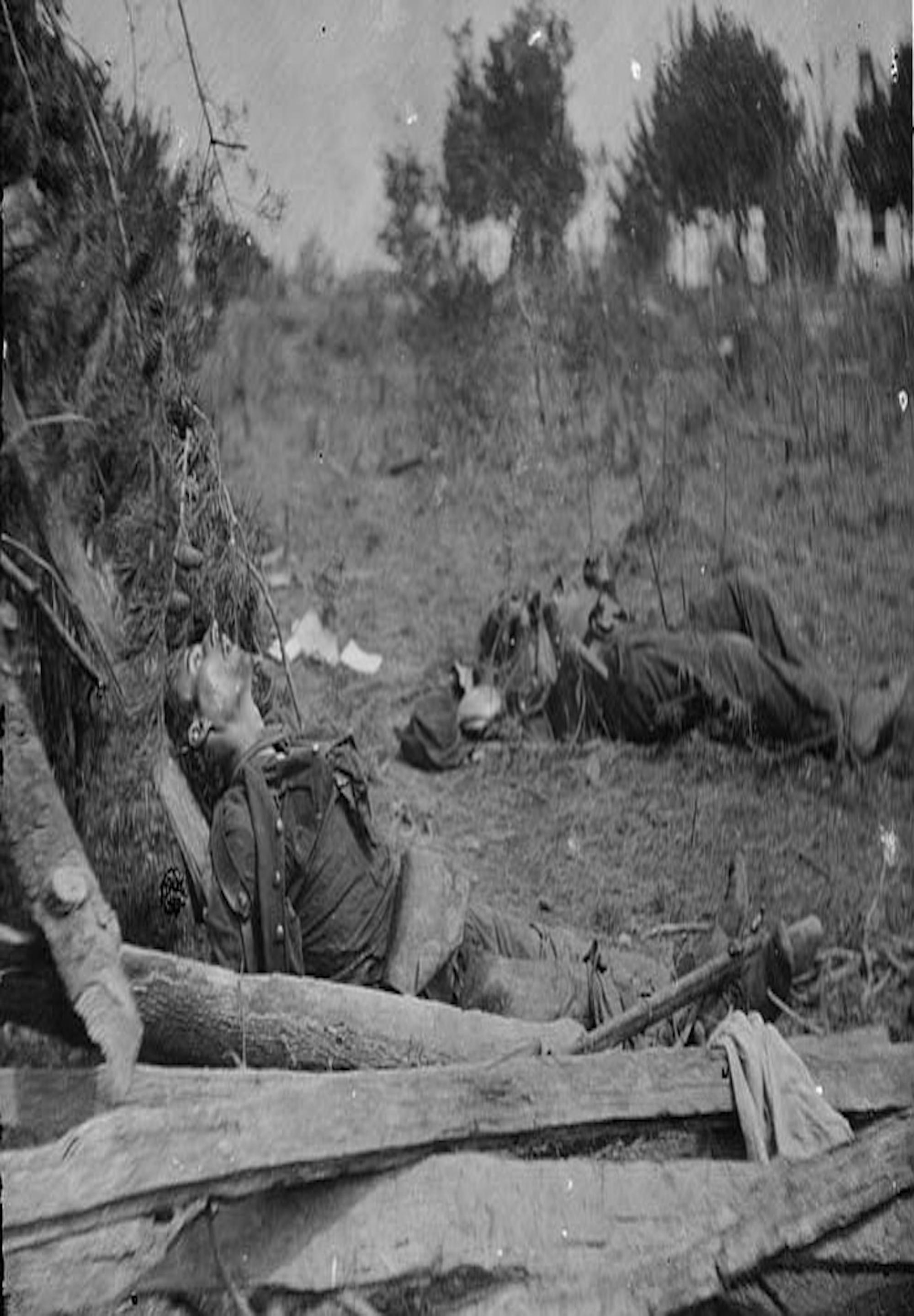
Synopsis/Details
During the American Civil War, a Union infantry brigade is asleep in tents in the forested Cheat Mountain country of western Virginia.
A mile away, Union Second Lieutenant Brainerd Byring sits on night-time patrol with the Confederates nearby. He commands only two men, who are positioned 150 yards in front of him as the first line of defense. While waiting on whether the enemy will advance, Lieutenant Byring takes a moment to rest by removing his sword and revolver. He slips into deep contemplation about the world around him and contrasts the dark night of nature to his own world of war. He soon realizes, however, that he is in the presence of what he assumes to be a dead body—a victim of that war.
Though Lieutenant Byring has proven himself in battle, he is utterly disgusted by the immediate presence of a corpse. He realizes that he has to sit with it, and this leads him to consider where his (as well as humanity’s) repulsion toward the dead comes from. As the moonlight and clouds shift, he realizes that the dead man is a Confederate soldier. The twisted repose of the body further discomforts Byring, and he stands up to move—but then changes his mind for fear of being perceived as weak. Lieutenant Byring does not leave his post.
Without conscious thought, Lieutenant Byring soon finds himself sitting in an offensive position, ready to strike with his sword, which makes him laugh. The laugh itself then sets him off. He begins to see (or believes he sees) the Rebel corpse moving. Before anything more can happen, a gunshot rings out, and this brings Byring out of his head a bit. He subsequently hears—or imagines he hears—the muffled sound of additional shots, of shouts, hoofbeats, bugles, and drums. With a wild cry, Lieutenant Byring springs forward, eager for action.
The following morning, Union Captain Chauncey Cooke, along with two soldiers (replacements for the all-night picketers), is searching for his brigade’s picket line. They come across two dead bodies at the designated place: that of Lieutenant Byring and a Confederate soldier. Byring had inflicted wounds upon the enemy but himself died of a sword-thrust to the heart. The sword was Byring’s own, however, and the Confederate soldier had long been dead of wounds other than those inflicted by Lieutenant Byring. Captain Cooke and his men note this fact, in silence.
Captain Cooke sends the two soldiers ahead to relieve Byring’s sentries, and he sits down to rest—on the very same log that the lieutenant had used the previous night.
Story & Logistics
Story Type:
Hero's Journey
Story Situation:
Fatal imprudence
Story Conclusion:
Surprise Twist
Linear Structure:
Linear
Moral Affections:
Intemperance
Cast Size:
Several
Locations:
Several
Special Effects:
Minor cgi
Characters
Lead Role Ages:
Male Adult, Male Young Adult
Hero Type:
Unfortunate
Villian Type:
Supernatural
Stock Character Types:
Everyman
Advanced
Adaption:
Based on Existing Fiction
Subgenre:
Action Suspense-Thriller, Civil War, Literary Adaption, Terror
Action Elements:
Hand to Hand Combat, Weaponry
Life Topics:
Death
Super Powers:
Physical or mental domination
Time Period:
Late modern period
Country:
United States of America (USA)
Time of Year:
Autumn/Fall
Illness Topics:
Psychological
Relationship Topics:
Repression
Writer Style:
Akira Kurosawa, Rod Serling, Stephen King



